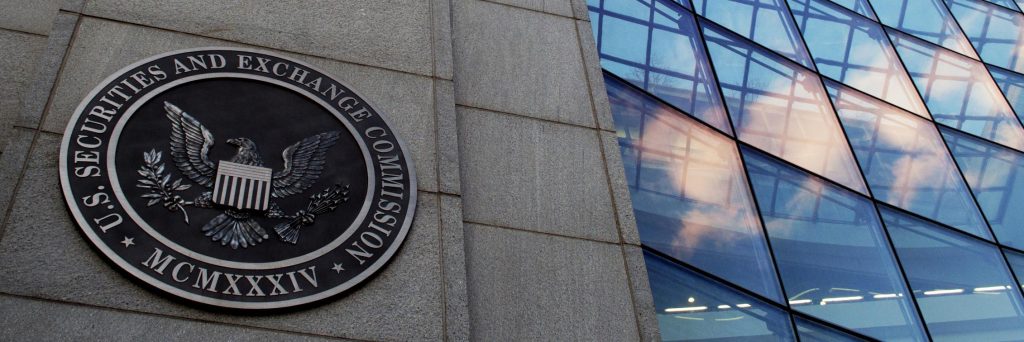Larry Harris, Fred V. Keenan Chair in Finance and professor of finance and business economics at the USC Marshall School of Business, has been appointed to the SEC’s Fixed Income Market Structure Advisory Committee, according to a press release from the school.
Harris, who is known as one the world’s top experts on market structure, joins a committee that will advise the SEC on the efficiency and resiliency of fixed income markets and identify opportunities for regulatory improvements. The committee’s initial focus will be on the corporate bond and municipal securities markets.
“Individual investors are highly active in fixed income markets, both directly as retail investors and indirectly through various types of funds,” said SEC Chairman Jay Clayton in a statement. “This committee will help the Commission ensure that our regulatory approach to these markets meets the needs of retail investors, as well as companies and state and local governments.”

USC Marshall Professor Larry Harris/Photo via USC
Harris is a perfect candidate to confront this issue: As former chief economist of the SEC between 2002 and 2004, he wrote the book on the topic, title “Trading and Exchanges: Market Microstructure for Practitioners,” which is called the defining textbook in the field.
While serving as the SEC chief economist, Harris also worked to ensure bond transaction prices would be public. He would study that topic once again in his 2015 paper, “Transaction Costs, Trade Throughs, and Riskless Principal Trading in Corporate Bond Markets.” In his research, Harris notes that “bonds now trade in markets very similar in structure to the markets in which NASDAQ stocks traded 30 years ago. A few small structural changes substantially decreased the costs of trading NASDAQ stocks. Similar changes can substantially reduce the $26 billion that investors now pay each year to trade bonds.”
This research led to his return to the SEC and its new Fixed Income Market Structure Advisory Committee. Along with Harris, the committee is comprised of a diverse group of outside experts, including individuals representing the views of retail and institutional investors, small and large issuers, trading venues, dealers, and self-regulatory organizations.

